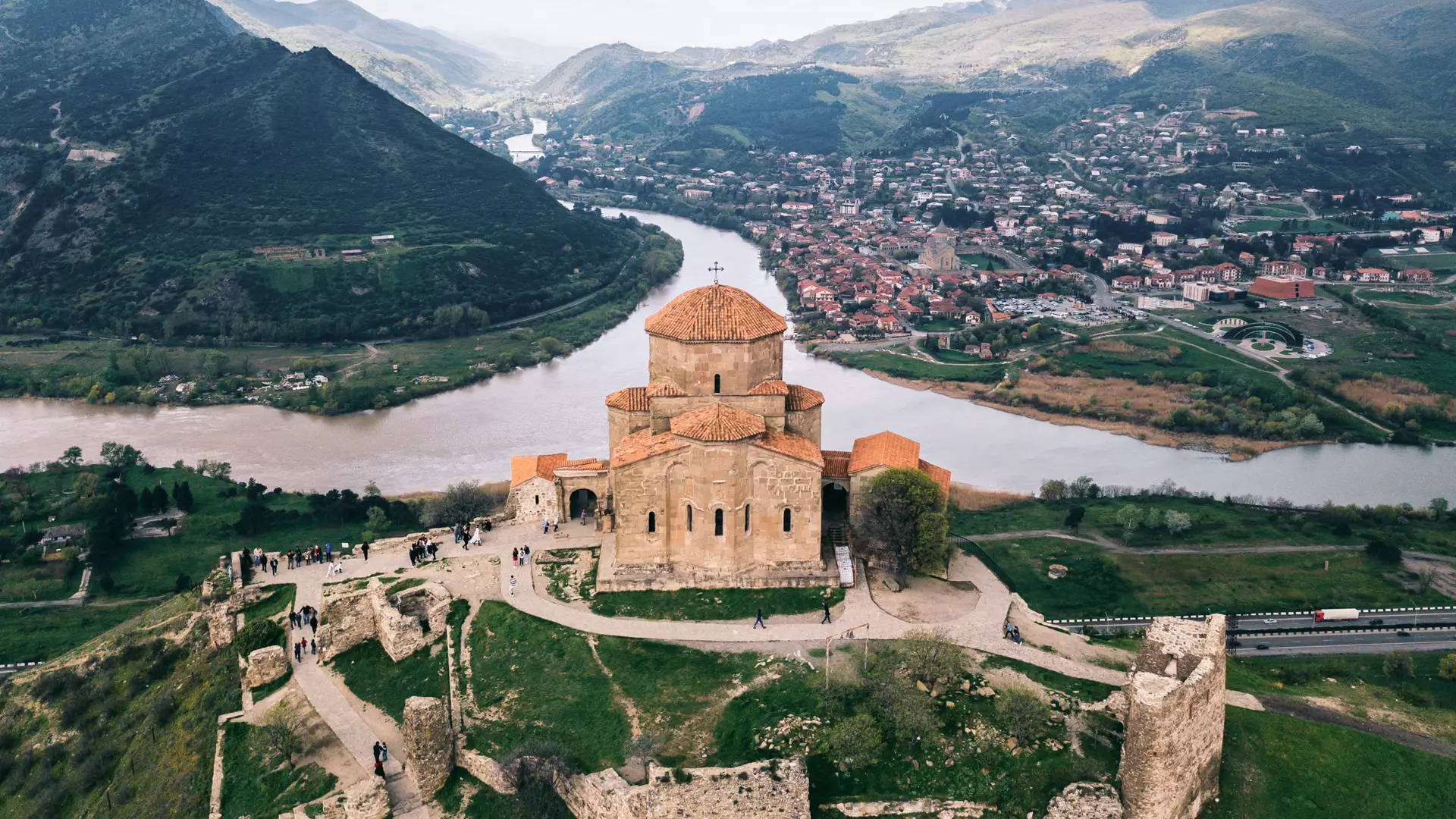Georgia

Georgia – Where Europe Meets Asia
Situated at the intersection of Eastern Europe and Western Asia, Georgia occupies a unique geographical position in the South Caucasus region. The country's strategic location along historic trade routes, including segments of the ancient Silk Road, has shaped its rich cultural heritage and complex historical trajectory. Georgia's territory spans 69,700 square kilometers, encompassing diverse ecological zones ranging from subtropical Black Sea coastal areas to alpine regions exceeding 5,000 meters in elevation. This varied topography has contributed to the development of distinct regional cultures while simultaneously fostering a strong national identity.

Cultural Resilience and Renaissance
Georgia's cultural traditions reveal a society that has continually negotiated between preservation and adaptation. The Georgian Orthodox Church, autocephalous since the 5th century, has been a guardian of national identity, while the country's Jewish communities and Muslim populations in Adjara and Kvemo Kartli attest to Georgia's religious diversity. The art of Georgian polyphonic singing, recognized by UNESCO, exemplifies this cultural richness. This complex vocal tradition, with its distinctive harmonic structures, has been maintained for centuries in both sacred and secular contexts. Similarly, Georgia's 8,000-year-old winemaking tradition, particularly the qvevri method of fermentation in clay vessels, represents one of humanity's oldest continuous agricultural practices.

Enduring Significance
What makes Georgia particularly compelling for academic study is not merely its antiquity, but how its historical experiences have shaped a unique model of cultural resilience. The Georgian case demonstrates how a small nation at the crossroads of empires can maintain linguistic, religious, and cultural distinctiveness while adapting to successive waves of global influence. From the cave cities of Uplistsikhe to the modernist architecture of post-Soviet Tbilisi, from medieval manuscript traditions to contemporary cinema, Georgia offers scholars across disciplines – history, anthropology, linguistics, political science, and cultural studies – a rich tapestry of research opportunities. Its story continues to unfold, offering insights into broader questions of civilizational dialogue, national identity, and cultural survival in an interconnected world.


